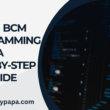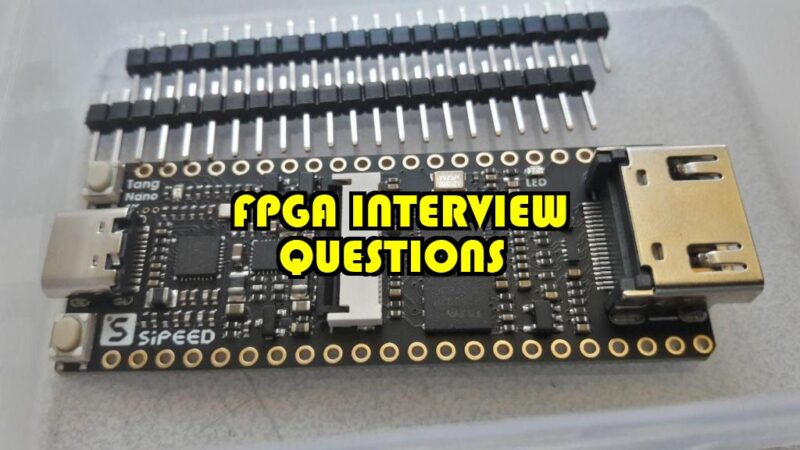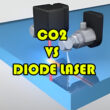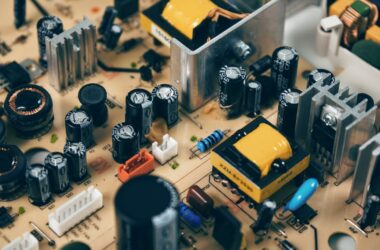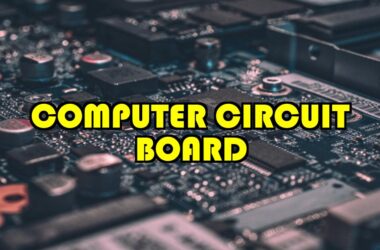In the ever-evolving landscape of technology, FPGA (Field-Programmable Gate Array) has emerged as a key player, bringing unparalleled flexibility and customization to digital circuits. As businesses seek adept professionals in this field, acing FPGA interview questions becomes imperative. In this comprehensive guide, we delve into the intricacies of FPGA interviews, equipping you with the knowledge needed to stand out in the competitive tech job market.
Understanding the Basics FPGA:
What is FPGA?
FPGA stands for Field-Programmable Gate Array, a reconfigurable integrated circuit that allows users to program its logic circuits. Unlike traditional processors, FPGAs offer the unique advantage of being customizable, making them ideal for a wide range of applications, from telecommunications to image processing.
Why Employers Seek FPGA Experts?
In today’s tech-driven world, the demand for FPGA professionals has surged. Employers seek candidates who not only comprehend the theoretical aspects of FPGA but also possess hands-on experience. The ability to optimize and troubleshoot FPGA designs is a crucial skill set, ensuring seamless integration into complex projects.
Mastering FPGA Interview Questions
1. Explain the FPGA Architecture
A fundamental question often posed in interviews is an in-depth understanding of FPGA(FPGA Interview Questions) architecture. Begin with the basics, detailing the logic elements, programmable interconnects, and configurable blocks. Highlight the significance of lookup tables (LUTs) and flip-flops in executing logical functions.
2. Elaborate on the FPGA Design Flow
Demonstrate your expertise by walking through the FPGA(FPGA Interview Questions) design flow. Start with design entry methods, covering schematic capture and hardware description languages (HDLs) like Verilog and VHDL. Progress to synthesis, implementation, and finally, configuration and testing stages.
3. Optimization Techniques for FPGA Designs
Employers are keen on candidates who can optimize FPGA designs for performance and resource utilization. Discuss strategies like pipelining, parallelism, and using dedicated hardware for specific tasks. Emphasize your ability to balance trade-offs between speed, power consumption, and resource utilization.
4. Troubleshooting FPGA Designs
Highlight your problem-solving skills by addressing common issues in FPGA designs. Discuss methods for debugging, such as simulation tools, hardware monitors, and utilization reports. Showcase your ability to identify and rectify issues related to timing constraints and signal integrity.
5. Real-world Applications of FPGA
Connect theory to practice by citing real-world applications of FPGA technology. Whether it’s in aerospace, telecommunications, or medical devices, demonstrating your understanding of how FPGAs contribute to solving complex challenges adds a practical dimension to your expertise.
ALSO READ: 9 FPGA Projects Ideas for Different Skill Levels
Preparing for Success
6. Staying Updated with FPGA Trends
FPGA technology is dynamic, with constant advancements. Stay ahead of the curve by keeping abreast of the latest trends and developments. Familiarize yourself with emerging FPGA architectures, tools, and applications, showcasing your commitment to continuous learning.
7. Practicing with FPGA Interview Simulations
Excel in your interviews by simulating the experience beforehand. Utilize online platforms that offer FPGA interview simulations, allowing you to refine your responses and boost your confidence. Practice common interview scenarios and receive feedback to fine-tune your performance.
Conclusion
Mastering FPGA interview questions requires a combination of theoretical knowledge and practical application. By comprehensively understanding FPGA architecture, design flow, optimization techniques, and troubleshooting methods, you position yourself as a sought-after professional in the competitive tech industry.
20 FPGA Interview Questions to Test Your Knowledge:
Foundational Concepts:
- Explain the basic architecture of an FPGA. (Image of a basic FPGA architecture diagram)
- Differentiate between LUTs, flip-flops, and block RAM in an FPGA.
- Describe the two main types of programmable logic in FPGAs.
- What are the advantages and disadvantages of using FPGAs compared to ASICs?
- Explain the concept of timing constraints in FPGA design.
Programming and Hardware:
- What are the two main hardware description languages (HDLs) used for FPGA programming? Briefly compare them.
- List some common tools used for FPGA design and implementation.
- Explain the different configuration modes of an FPGA.
- How do you handle clock domain crossings in an FPGA design?
- What are some techniques for optimizing power consumption in FPGA designs?
Design and Verification:
- Describe your approach to partitioning a large design for implementation on an FPGA.
- Explain the difference between synchronous and asynchronous logic in FPGAs.
- How do you verify the functionality of an FPGA design?
- What are some common mistakes to avoid when designing for FPGAs?
- Explain how to implement a simple state machine using an HDL.
Applications and Advanced Topics:
- Describe some real-world applications of FPGAs. (Image of an FPGA used in medical imaging)
- What are some emerging trends in FPGA technology?
- Explain the concept of high-level synthesis (HLS) for FPGAs.
- How can FPGAs be used for security applications?
- Describe a challenging FPGA project you have worked on and how you overcame the obstacles.
Bonus Question:
- Explain the concept of soft-core processors and their role in FPGA designs.
Remember, these are just a few examples, and the specific questions you encounter will vary depending on the role and company you are interviewing for. Be prepared to discuss your own experience and demonstrate your understanding of FPGA(FPGA Interview Questions) design principles.


